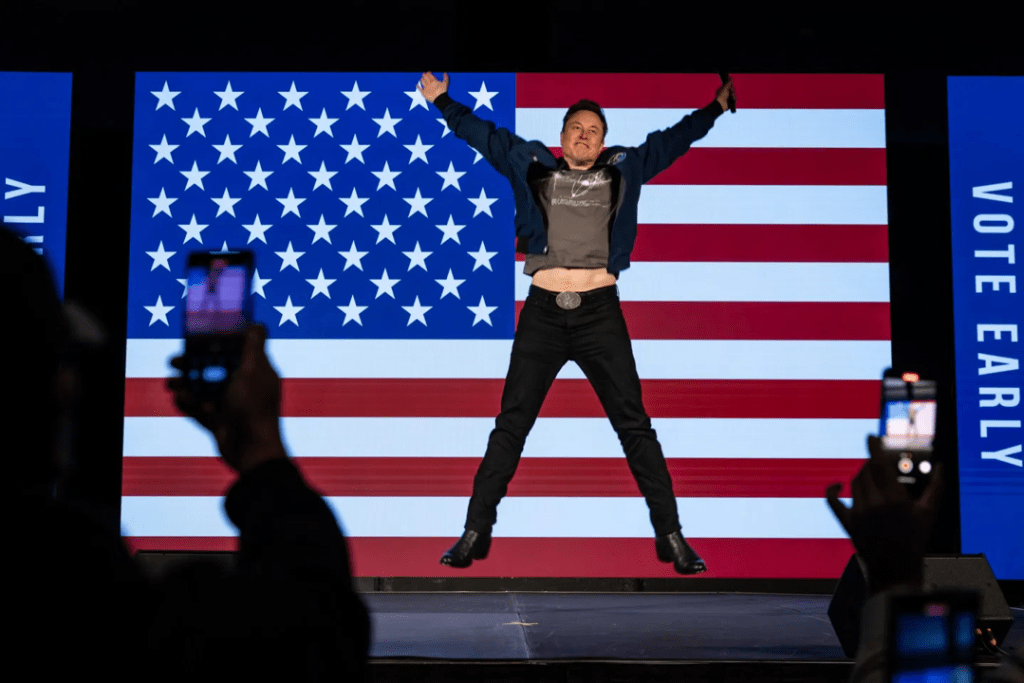Elon Musk, cost-slasher? Does that make sense? Can it end well?
The richest man in the world achieved his fortune and fame (notoriety, if you prefer) by going all-in on technologies that up-ended conventional businesses. Few doubt his ability to foresee revolutions that threaten legacy industries; and to invest massively to exploit the opportunity.
PayPal, a money-transfer system, created competition for banks that could not keep up with the demands of an exploding retail internet market.
Tesla, electric vehicles and batteries, achieved what everyone thought impossible by going head-to-head with global automobile companies.
SpaceX and Starlink, rocketry and satellites, took on the state-led organisations and aerospace industries that put things into space, and exploited their massive inefficiencies and narrow technical vision.
A pattern is detectable. To challenge massive incumbent producers, Musk created completely new products, invested massively in scale-up and drove relentlessly forward towards seemingly unrealizable targets. He mesmerized customers. He dazzled investors. He confounded competitors. His plans were so outrageous that the legacy companies could not take him seriously until far too late. The important point here is that Mr. Musk never had to change existing organisations. Everything about his businesses was new, bold and audacious.
That is a universe away from supplying government services. How is Mr Musk’s so-called Department of Government Efficiency (‘DOGE’) to drive the required savings at the same time as maintaining airports and roads, paying pensions, running healthcare, and keeping the world’s largest military machine operational? ‘Building a plane while you fly it’ hardly comes close.
Is it possible that a completely new way of doing things is planned? The DOGE, despite its title, can never be a government body. Is it possible that it intends not to change the way government works, but to create completely new delivery mechanisms that compete with government? Could Mr. Musk create upstarts that revolutionize service provision and oblige state institutions to copy them; in the way that banks, automobile companies and N.A.S.A. were forced to not only follow PayPal, Tesla and SpaceX but to engage them?
Will Mr. Musk, alternatively, create a consultancy, suggesting ways in which branches of the US government should re-engineer themselves? Perhaps Mr. Musk foresees the creation of a super-McKinsey-type organisation that is paid by governments.
There is a more mundane scenario. Many are suggesting that the honeymoon between Mr. Musk and the president-elect of the USA will be short-lived. Could Donald Trump use Mr. Musk as cover to make overdue but unpopular cuts to budgets, then sack him and ensure he takes the blame?
It is not just politicians, economists and civil servants who are fascinated by what may unfold; every supply chain professional in the world wants to see how this plays out.
The post Department of Government Efficiency…? appeared first on SWISSUES.

